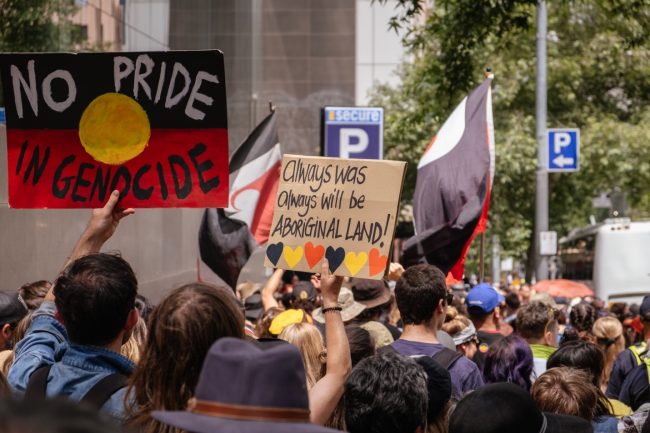Dalits and Decentralization: Federalism’s Impact on the Caste System
Author: Shaoni Chakraborty – India’s governance system has traditionally been characterised by a specific form of federalism known as “centralised federalism.” In contrast to the classic conception of federal government, in which constituent units operate with significant autonomy with explicitly delineated independent spheres of authority, India’s system grants substantial powers to the Central government, allowing it to intervene in state affairs.




